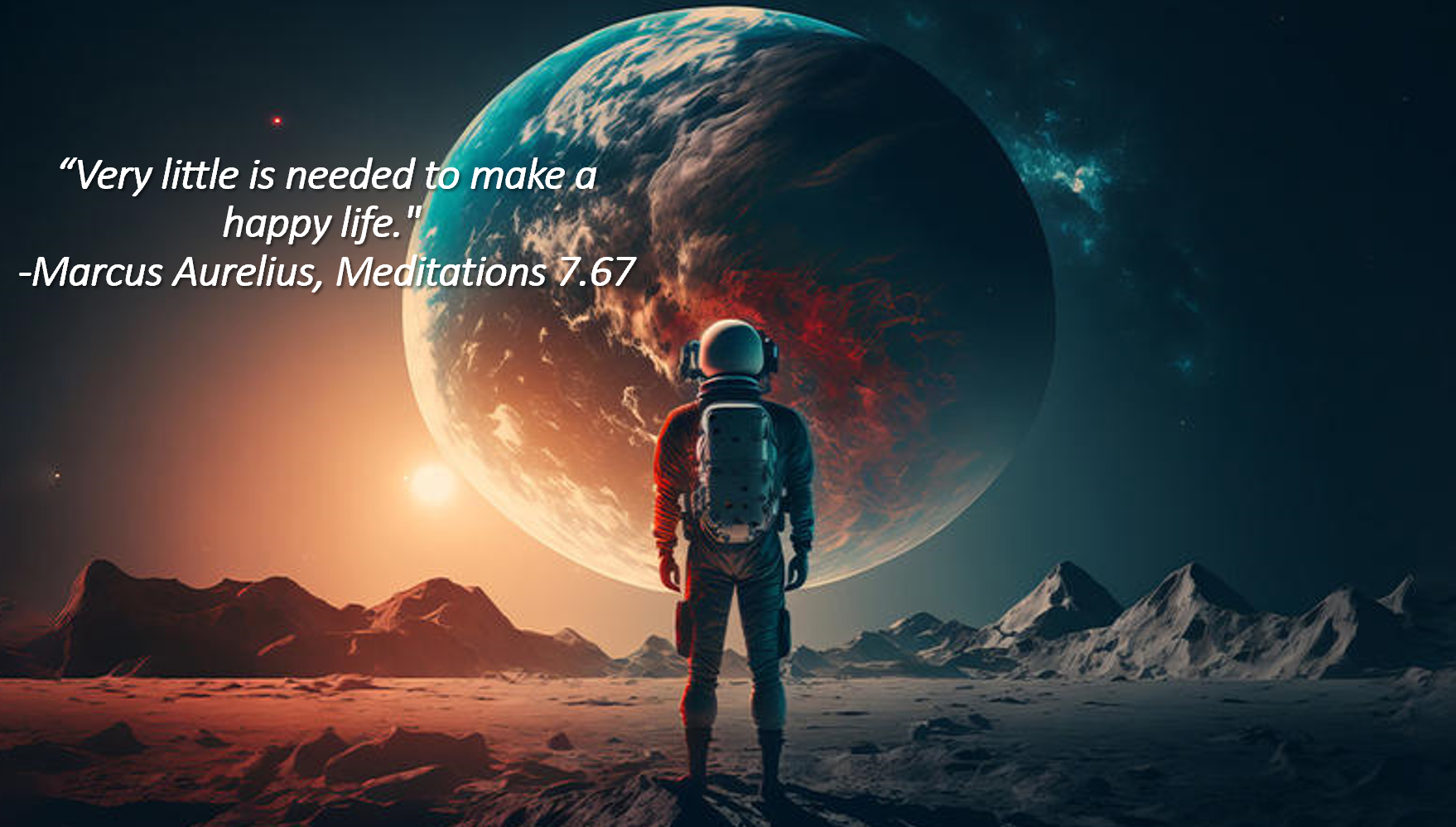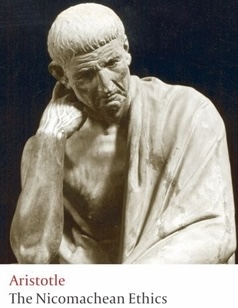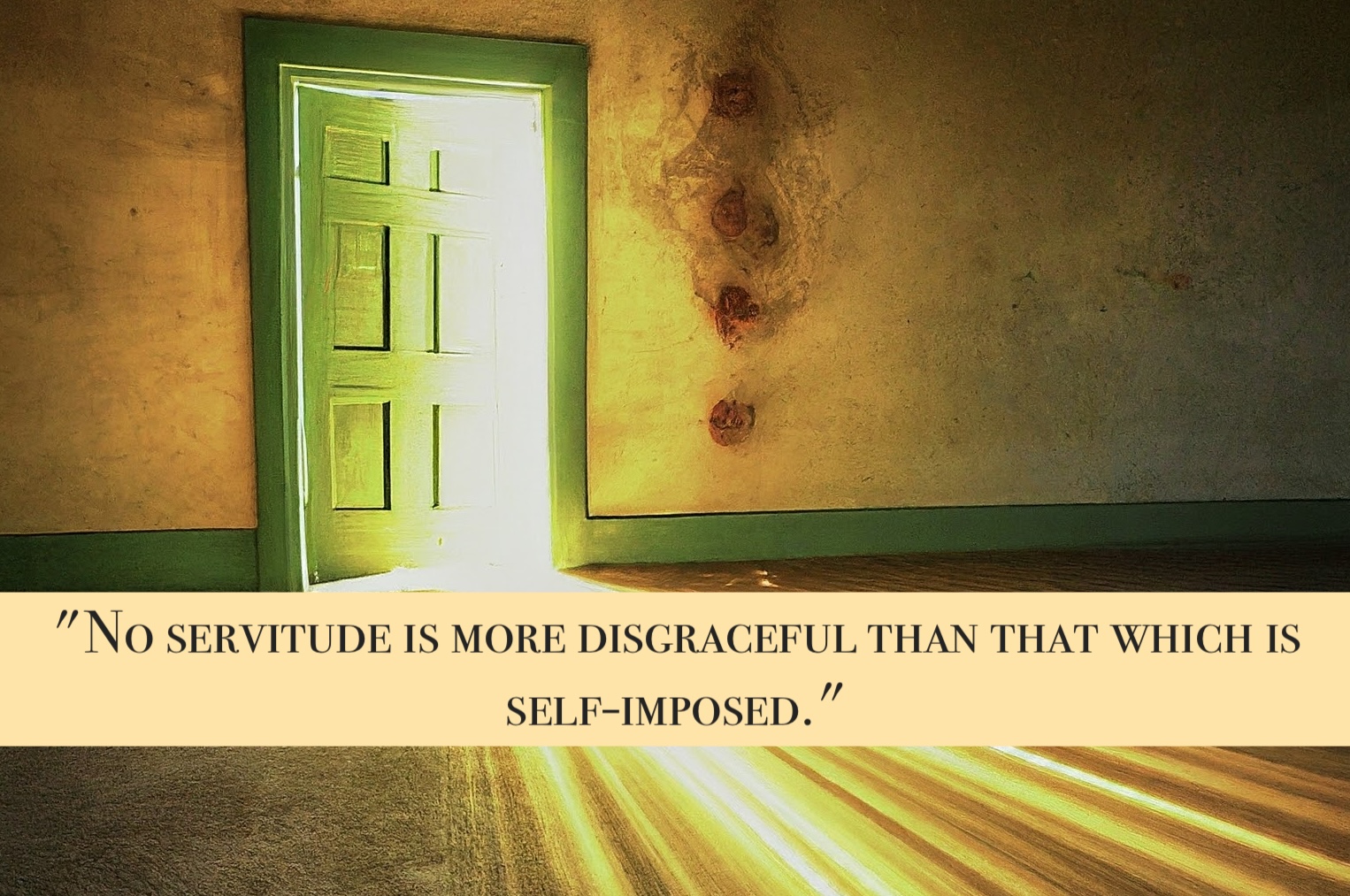The Danger of Desire

Desire, a powerful and recurring facet of human existence, has long been a subject of philosophical contemplation. Oxford dictionary defines desire as "a strong feeling of wanting to have something or wishing for something to happen." Desires encompass our cravings, both the things we yearn for and the ones we hope to avoid. Yet, controlling these desires is a herculean task, and they persist endlessly, as observed by Arthur Schopenhauer: "Every satisfaction one attains lays the seeds of some new desire." This unrelenting pursuit of desires ultimately leaves us in a state of perpetual longing, robbing us of lasting happiness and peace.
The paradox of desire
"If I desire to cease desiring then I have not ceased all desire after all;
- Buddhism
I have merely replaced one species of desiring by another. The paradox
of desire points to the practical contradiction or frustration involved in
the desire to stop all desiring and states simply that those who desire to
stop all desiring will never be successful."
The stoics, along with Buddhism, recognize the paradoxical nature of desire. Buddhism, in particular, identifies "tahna" as the most potent form of desire, which is the source of suffering, termed "dukkha." The paradox of desire is illuminated by the notion that if we desire to cease desiring, we merely replace one form of desire with another. Those who seek to end all desires will, in essence, never find success. This paradox highlights that the very act of desiring to eliminate desire is inherently contradictory, perpetuating a cycle of unfulfilled desires. The nature of desire, it seems, is not to bring fulfillment but to act as an adversary to inner peace and contentment
This notion of paradox of desire makes sense as if we desire to end desire, we can never do so. How many times have we not been satisfied with what we have and what we have achieved? Its the nature of desire not to make us fulfilled of anything but to act as an enemy of calm and inner-peace.
Danger of desire
Seneca, an ancient stoic philosopher considers we are all slave to desire all the time. He said, "Show me a man who isn’t a slave; one who is a slave to sex, another to money, another to ambition; all are slaves to hope or fear." This is why it's not uncommon to see us crave for all the externals.
Desires can never be fully satisfied because the fulfilment of one want creates another. One million dollars creates the desire for the next million; one exotic vacation creates the desire for the next more exotic vacation; one promotion creates the desire for the next promotion. Desires remain insatiable because the fulfillment of one only begets another. The pursuit of wealth, vacations, or promotions serves as a never-ending cycle.
So what should we do? Epictetus, another stoic philosopher suggests us to suspend the desire completely as we do not control what we get; we only control our action but not the results. Marcus Aurelius aptly points out, "Very little is needed to make a happy life."
Stoic Insights
“The faculty of desire purports to aim at securing what you want…If you fail in your desire, you are unfortunate, if you experience what you would rather avoid you are unhappy…For desire, suspend it completely for now. Because if you desire something outside your control, you are bound to be disappointed; and even things we do control, which under other circumstances would be deserving of our desire, are not yet within our power to attain. Restrict yourself to choice and refusal; and exercise them carefully, within discipline and detachment.”
Epictetus, Enchiridion
I think stoicism offers valuable insights to avoid the suffering trap imposed by desire. One such tool is negative visualization, which involves contemplating the potential loss of the things we currently possess rather than yearning for what we lack. This practice encourages us to appreciate the value of our current blessings while not becoming overly attached to them.
Don’t dream about things you don’t have. Instead, think about the best things you now have and how much you would crave them if you didn’t have them. At the same time, don’t value them so much that you will be upset if you lose them.
— Marcus Aurelius, Meditations 7.27
In a broader perspective, if we consider our world as a finite world, desire which is infinite can barely help us and if it did we are only worth the share of it not all the things we want. "We must set limits to our wishes, curb our desires, moderate our anger, always remembering that an individual can attain only an infinitesimal share in anything that is worth having", Arthur Schopenhauer said. This perspective reminds us to be mindful of our desires and seek contentment within the bounds of reality.
Desire, an intrinsic part of human existence, presents a challenging paradox. While desires are integral to our aspirations and pursuits, they also hold the potential to become sources of suffering. By understanding the nature of desire, embracing Stoic wisdom, and practicing restraint, we can navigate the complex labyrinth of desire and find a path to inner peace and contentment in an otherwise ceaseless pursuit.




Leave a Reply
You must be logged in to post a comment.